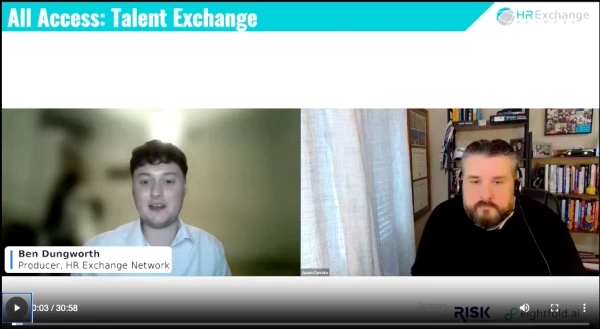Employers cutting experience requirements
Add bookmarkIt’s getting easier to find a job, and not because there are a large number of vacancies available. Employers are lessening requirements for potential new employees.
Preferences for college degrees and specific skills and experience are being abandoned to speed up the hiring process and grow the pool of candidates. It’s happening across most industries.
In the first half of 2018, job postings requesting college degrees fell to 30%. The year before, it was at 32% according to Burning Glass Technologies. That gradual decrease has been happening since 2012.
A fair number of employers are loosening this requirement even though the number of Americans with college degrees continues an upward climb. For instance, Bank of America Corp. has 7,500 open positions world-wide according to The Wall Street Journal. Fewer than 10% of those require a degree. Jobs that fall into that category include bank teller positions and employees handling customer-service and fraud-protection calls from cardholders. In June, the bank said it would hire 10,000 more retail workers from low-income neighborhoods over the next five years, with or without degrees.
Long work-history requirements have seen a piece of the action as well. Only 23% of entry-level positions now ask applicants for at least three or more years of experience. In 2012, that same percentage was at the 29% mark. To put this in perspective, 1.2 million more jobs were open for candidates with “no experience necessary”.
READ: 5 Questions for getting the truth out of references
No Change in Requirements
Not every company is following this strategy. The tech industry is not onboard. Positions that require high levels of technical expertise still need advanced knowledge and experience.
Recruitment
The recruitment process is often a long and arduous task for an organization’s HR department and potential candidates. HR professionals know that the task of finding the next high potential employee is not an easy feat.
Before a job can just get posted, there is the process of setting up the position. What will the title be? What is the salary range? When does the role need to be filled? Then there are compliance details. Are enough applicants being screened?
Better Candidate Interactions
In an interview with Sebastien Girard, Vice President of Talent Acquisition and Workforce Planning for Parkland Health and Hospital System, he discussed the importance of designing a great candidate experience.
When asked what he felt makes a positive candidate experience Sebastien said, “We are in an employee market now, not an employer market. Having that trend changing from what it was even just five years ago, it’s more of a “what’s in it for them” versus “what’s in it for the company” approach. Candidates expect that customer service approach and responsiveness. They expect to feel important and they expect transparency. I don’t think that a job seeker is expecting to get every job that he or she applies for but there is a desire to have transparency when things go well -or if things don’t go well and when it doesn’t, why. Candidates expect responsiveness even when it’s bad news. If I don’t get the job I don’t want to wait a week and a half to get the bad news. I want to hear it right away.”
Quitting is HOT
So, what does this tell us?
After the 2009 recession, unemployment was high and job candidates numbered in the hundreds of thousands. Employers could be picky about who they chose to hire.
But the narrative has changed.
Now, job hunters are in the driver’s seat. More job seekers are ‘ghosting’ employers after interviews, seemingly to disappear without notice at one job to get another. More employees are also quitting their jobs, confident they can find a new one. The U.S. Labor Department reports 3.4 million workers voluntarily left their jobs in April. That’s double the 1.7 million who were laid off or fired.
In short, this is a job candidate-controlled world and they know it.















